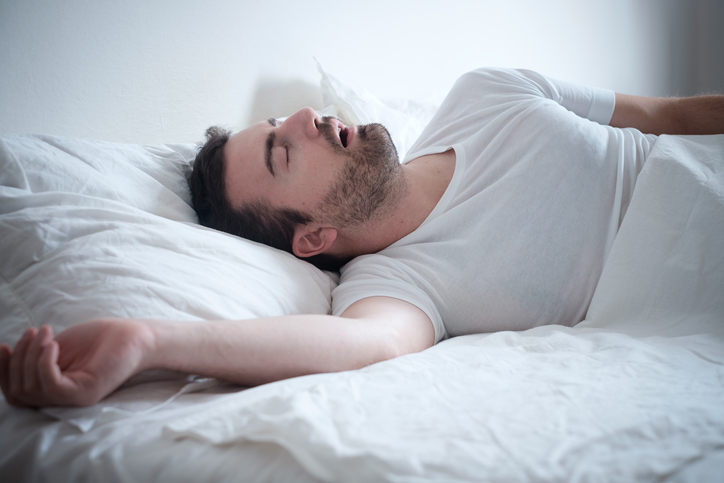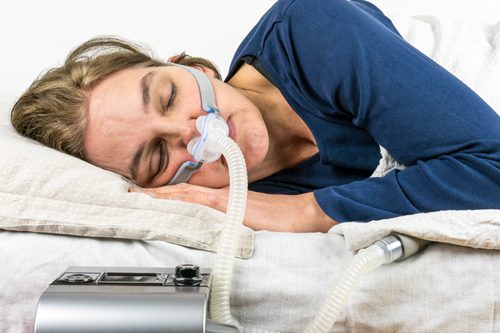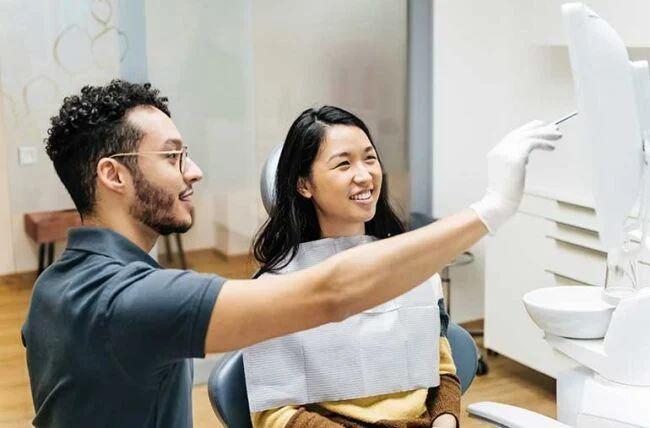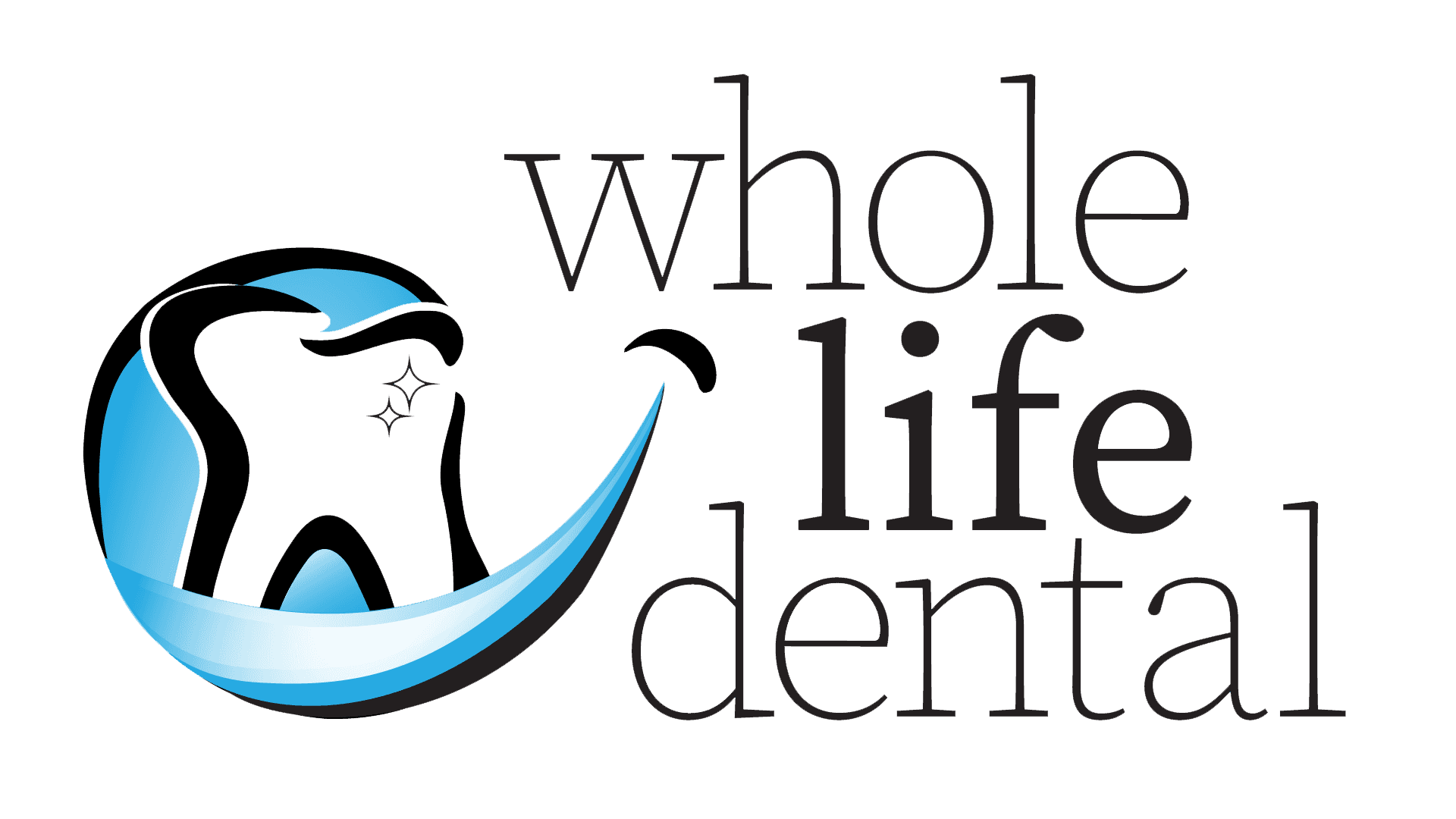Do I Have Sleep Apnea? This is a question that may have been lingering in your mind lately. Sleep apnea is a serious condition that can greatly impact your quality of life. If you suspect that you may have sleep apnea, it is important to seek medical attention and get a proper diagnosis.

Understanding Sleep Apnea
Sleep apnea is a common sleep disorder that affects millions of people worldwide. It occurs when a person's breathing is repeatedly interrupted while they are asleep. These interruptions, known as apneas, can last for several seconds to minutes and can happen multiple times throughout the night.
There are three main types of sleep apnea: obstructive sleep apnea (OSA), central sleep apnea (CSA), and complex or mixed sleep apnea. OSA is the most common type and occurs when the muscles in the back of the throat fail to keep the airway open during sleep. CSA, on the other hand, happens when there is a problem with how the brain signals breathing during sleep.
Signs and Symptoms of Sleep Apnea
Sleep apnea is a sleep disorder that affects millions of people worldwide. It occurs when the airway becomes partially or completely blocked during sleep, leading to interrupted breathing patterns. While there are different types of sleep apnea, the most common one is obstructive sleep apnea (OSA).
- One of the telltale signs of OSA is loud snoring. However, not everyone who snores has sleep apnea and not everyone with sleep apnea snores.
- Another common symptom is waking up abruptly, feeling shortness of breath, or gasping for air. This could be a sign that your body is trying to compensate for the lack of oxygen during episodes of paused breathing.
- Other symptoms may include frequent nighttime awakenings with a choking or suffocating sensation, dry mouth or sore throat upon waking up, restless tossing and turning throughout the night, and even experiencing nocturia (frequent urination at night).
- If any combination of these symptoms resonates with you or someone you know, it's essential to consult a healthcare professional for further evaluation and diagnosis. Sleep studies may be recommended to determine if you indeed have sleep apnea.

Risk Factors for Developing Sleep Apnea
While anyone can develop sleep apnea, certain factors may increase your risk of developing this condition. Understanding these risk factors can help you identify if you are at a higher likelihood of having sleep apnea and seek appropriate medical attention.
- One significant risk factor is obesity. Excess weight, especially around the neck area, can put pressure on the airways during sleep, leading to breathing difficulties. Additionally, carrying extra pounds can also contribute to other health conditions like high blood pressure and diabetes that are associated with an increased risk of sleep apnea.
- Age also plays a crucial role in the development of sleep apnea. As we get older, our muscles naturally lose tone and elasticity, including those in the throat and tongue. This muscle weakness can cause them to collapse more easily during sleep and obstruct airflow.
- Gender is another important consideration when assessing your risk for sleep apnea. Men tend to have a higher prevalence of this condition compared to women. However, after menopause, women's risk catches up due to hormonal changes that affect muscle tone.
- Other common risk factors include smoking (which increases inflammation in the airways), family history (as there may be a genetic predisposition), alcohol or sedative use (which relaxes the muscles further), nasal congestion (which obstructs airflow), and certain anatomical abnormalities such as enlarged tonsils or deviated septum.
Diagnosis and Treatment Options
When it comes to diagnosing sleep apnea, it's important to consult with a healthcare professional who specializes in sleep disorders. They will evaluate your symptoms and medical history and may recommend a sleep study, also known as polysomnography.
During a sleep study, you'll stay overnight at a sleep center where your breathing patterns, heart rate, brain waves, and other vital signs will be monitored. This comprehensive assessment helps determine whether you have obstructive or central sleep apnea.
- Once diagnosed with sleep apnea, there are several treatment options available. Continuous positive airway pressure (CPAP) therapy is one of the most common treatments. It involves wearing a mask that delivers pressurized air to keep the airways open during sleep.
- Oral appliance therapy is another option for mild to moderate cases of obstructive sleep apnea. These custom-made devices fit into the mouth like a sports mouthguard and help keep the throat muscles from collapsing.
- For those who find CPAP machines or oral appliances uncomfortable or ineffective, surgery may be an alternative solution. Surgical procedures can involve removing excess tissue from the throat or repositioning the jaw to improve airflow.
- Lifestyle modifications such as weight loss, avoiding alcohol before bed, quitting smoking, and sleeping on your side instead of your back can also help manage symptoms of sleep apnea.

Frequently Asked Questions
1. Can children develop sleep apnea?
Yes. Sleep apnea isn't exclusive to adults; children can also be affected by this condition. In fact, pediatric obstructive sleep apnea (OSA) is one of the most common types in younger individuals. If your child regularly snores or displays other potential signs of OSA, like bedwetting or behavioral issues related to lack of quality rest, seek medical advice promptly.
2. Are there any lifestyle changes that can alleviate mild cases of sleep apnea?
In some cases where the condition isn't severe or life-threatening, certain lifestyle modifications might provide relief. These include maintaining a healthy weight through regular exercise and balanced nutrition, avoiding alcohol and sedatives before bedtime, and sleeping on your side rather than your back.
3. Should I consider surgical options for treating my sleep apnea?
Surgery is typically considered a last resort when conservative treatments prove ineffective. It's essential to discuss all available options with an experienced healthcare provider who specializes in managing sleep disorders. They will evaluate your individual case and determine whether surgery could be beneficial for alleviating your specific situation.
Don't ignore the signs! Pay attention to your body's signals and consult with a healthcare professional if you suspect you have sleep apnea. Remember: better nights mean better days!
Visit Our Office
Office Hours
- MON - THU8:30 am - 5:00 pm
- FRIBy appointments only
- SAT - SUNClosed
